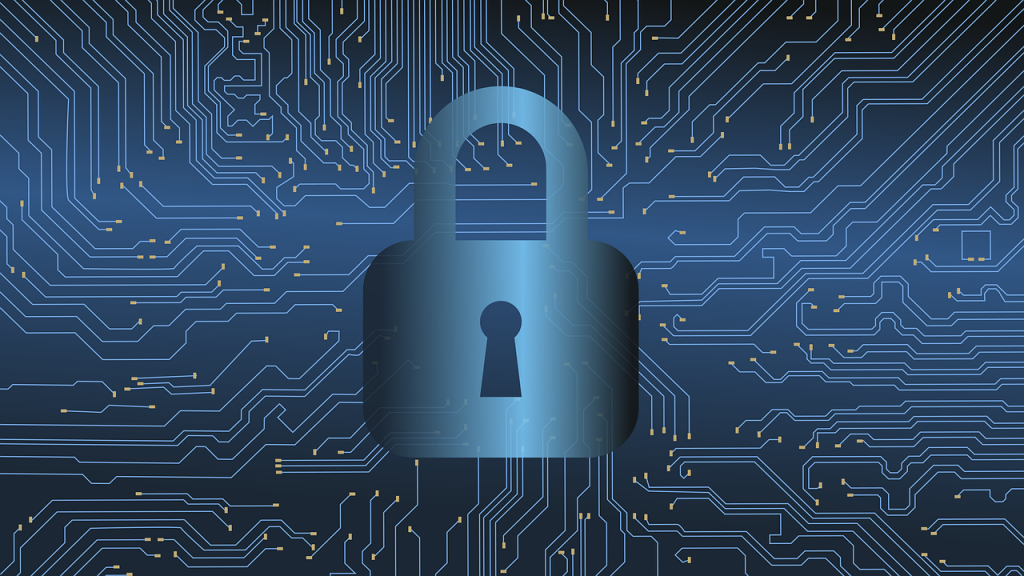Cybercrime can have a significant impact on small businesses, often leading to severe consequences. According to some studies, nearly 43% of cyber attacks affect small businesses, at an average cost of $25,000 for each incidence. To make matters worse, only 14% of SMBs stated they are prepared for such attacks.
Now, what is your stand when it comes to Data Security? Are you willing to spend some money to prevent your company from being one of the 3,000 businesses in the United States that are targeted by cyber criminals each year? If so, take a look at the best reasons why you should invest in Data Security.
Enhances customer trust and certainty
Investing in data security involves implementing strategies and technologies that protect sensitive information from unauthorized access, theft, and damage. Data breaches and security incidents can severely damage a company’s reputation and erode customer trust. Businesses known for their strong data security practices and customer privacy protection gain a competitive advantage in the industry.
Not having data security puts a company at risk
If a company chooses to ignore data security, they are putting themselves at risk of data breaches, cyber-attacks, and legal actions. These risks can ultimately cause disruption to a company’s operation and overall productivity.
For example, if important systems are compromised or held hostage by ransomware, then the business will likely experience downtime, disorganization, delayed services, and increased recovery costs. The impact may extend to supply chain interference and can affect the partners and customers that are connected to the compromised systems.
Protection from Work-From-Home risks
Did you know that remote work cybersecurity attacks increased by 67% this year? The cybersecurity landscape is constantly evolving, resulting in emerging new threats everyday. Companies who implement remote work scenarios often use remote collaboration tools and have an increased reliance on personal devices of employees using outside networks. With these potential blind spots in mind, companies should take a proactive approach to address the unique risks associated with remote work scenarios to mitigate vulnerabilities, protect sensitive data, maintain employee productivity and trust, and counter insider threats.
Compliance with Cybersecurity Laws and Regulations
Complying with cybersecurity laws and regulations is not only important for protecting your business and customers, but it is also a legal requirement. Regulations such as the General Data Protection Regulation (GDPR) and the California Consumer Privacy Act (CCPA) require businesses to implement certain data security measures and procedures. Failure to comply with these regulations can result in steep fines and reputational damage.
Final thoughts
In this digital world, poor data security can expose a company to many risks including data breaches, financial losses, legal consequences, damage to reputation, market drop, intellectual property theft, and so much more. Therefore, investing in strong, quality data security measures can prevent these risks from developing and protect the company’s assets and reputation.
Finally, to get you started on improving your own data security, we’ve compiled a few useful documents that explain best practices and shared them here. Enjoy!

